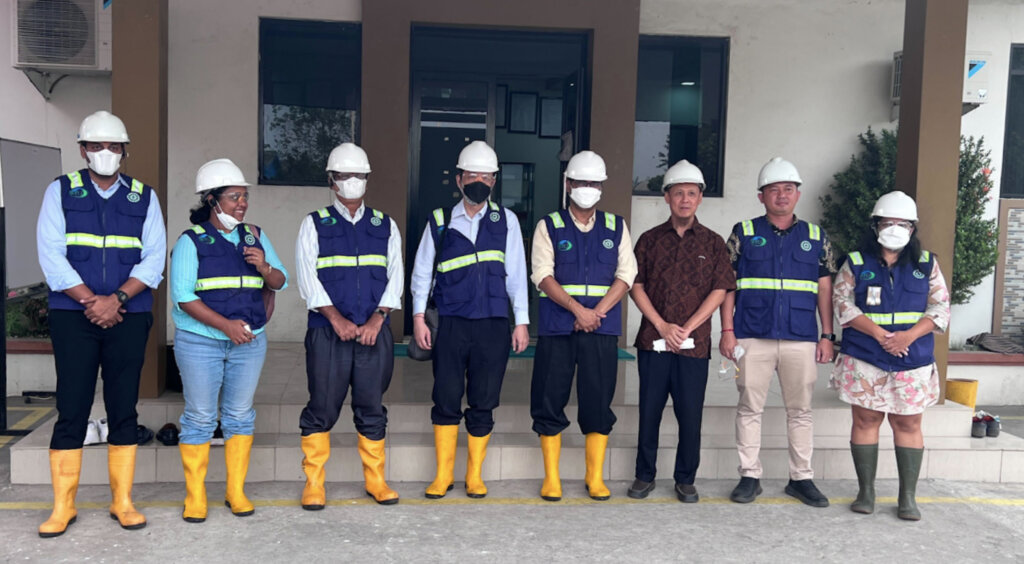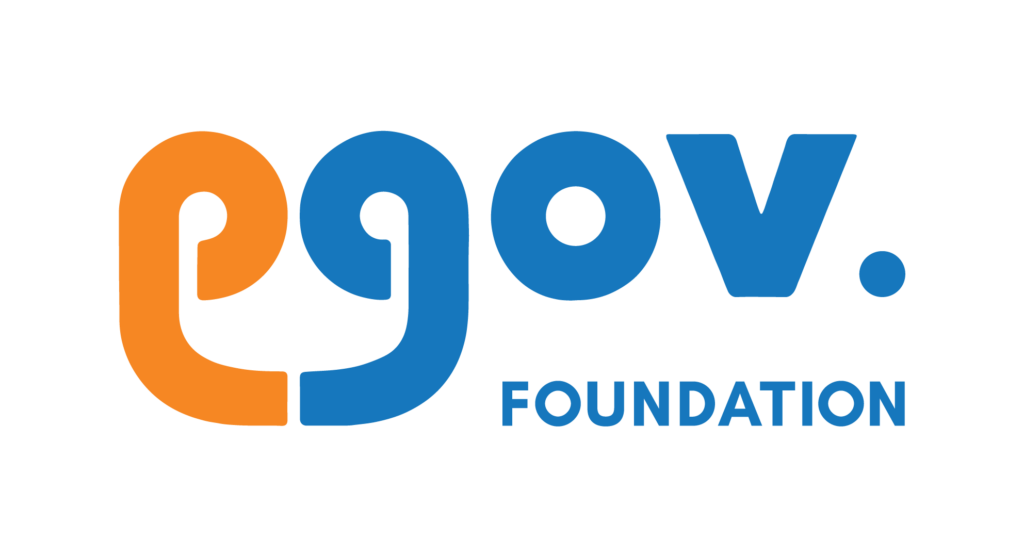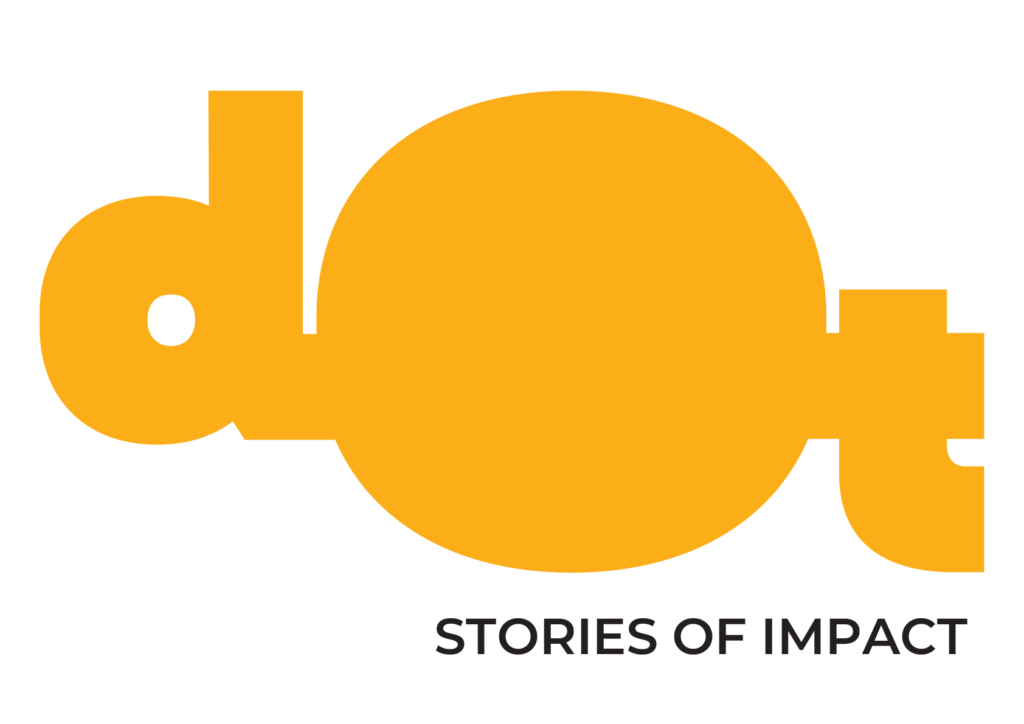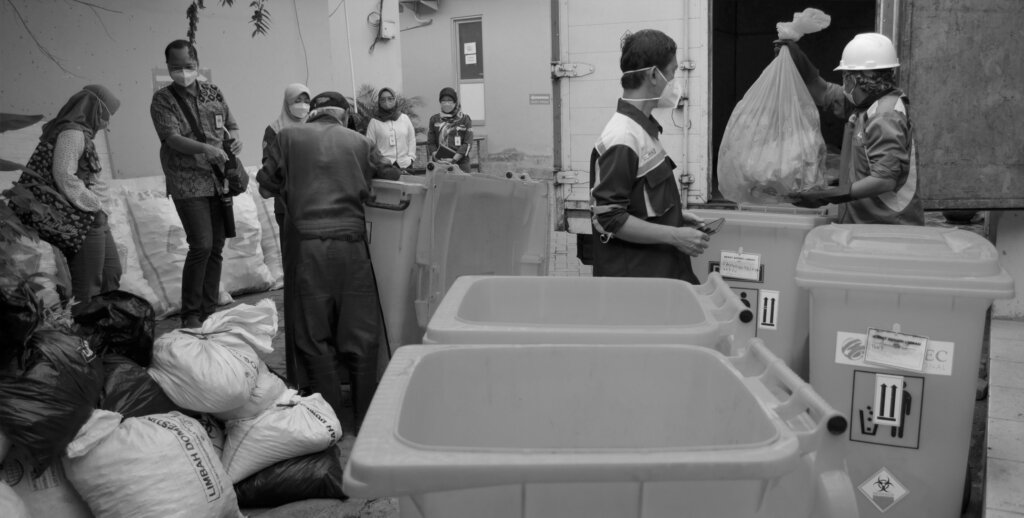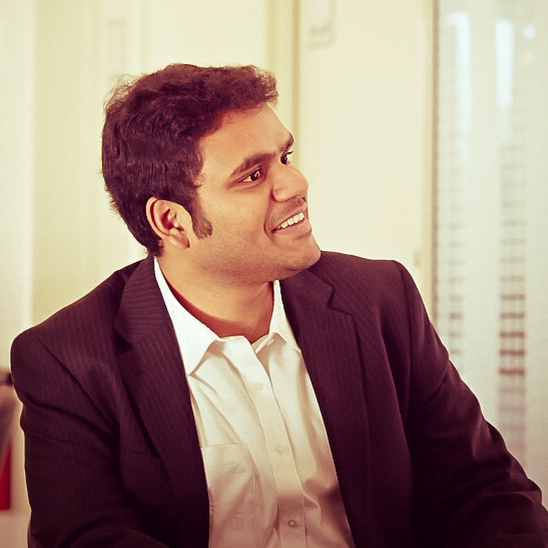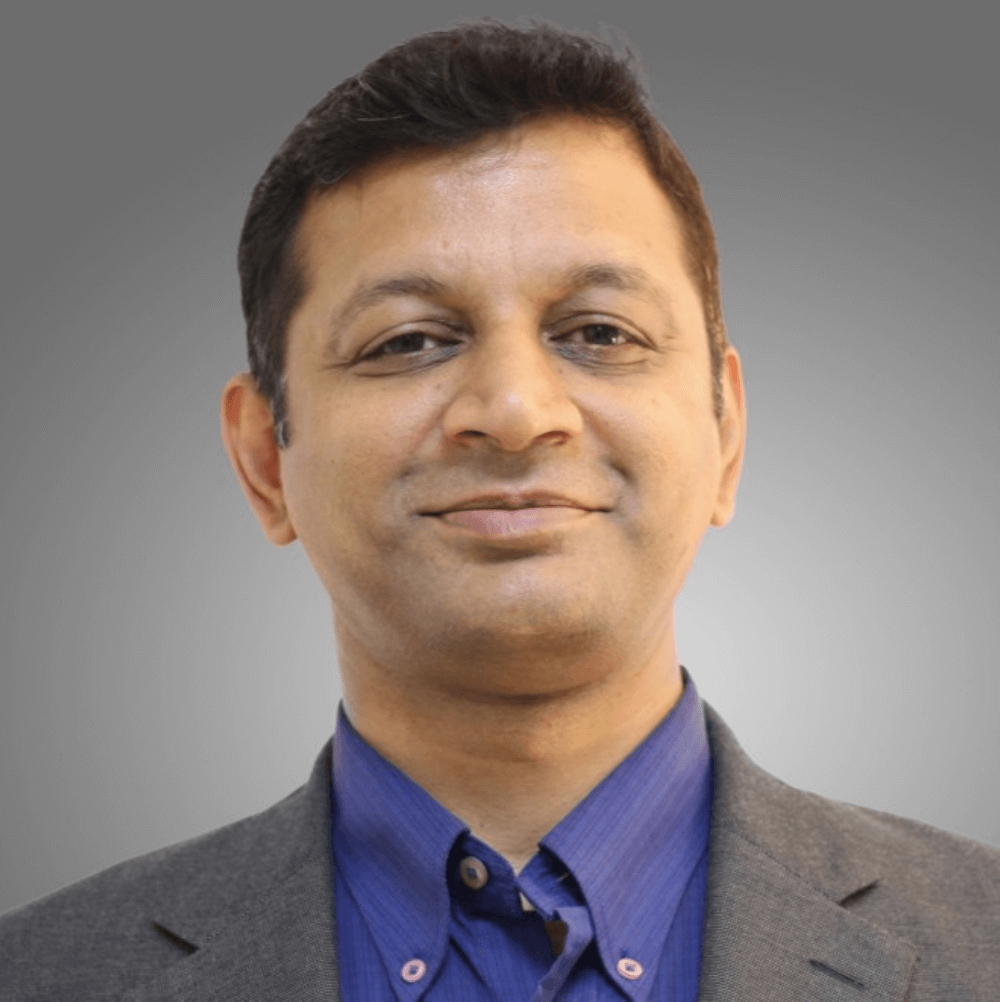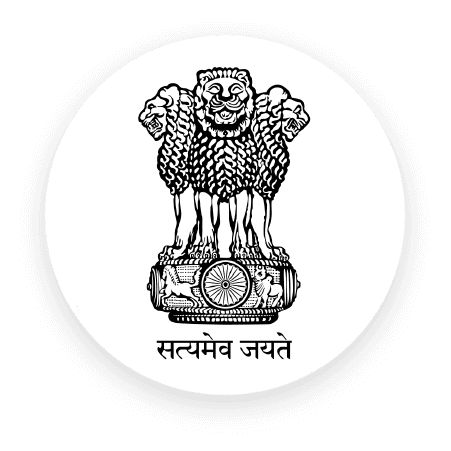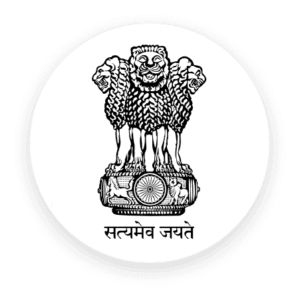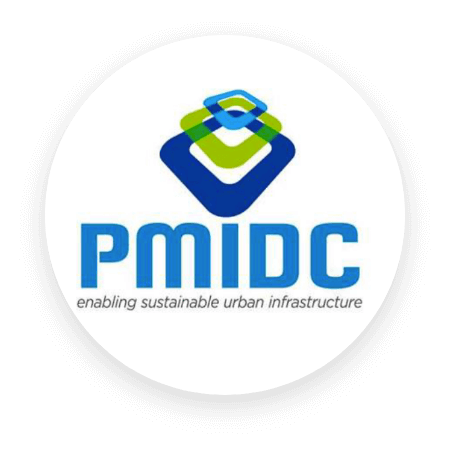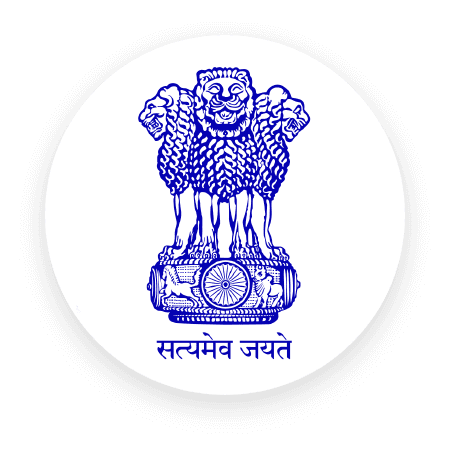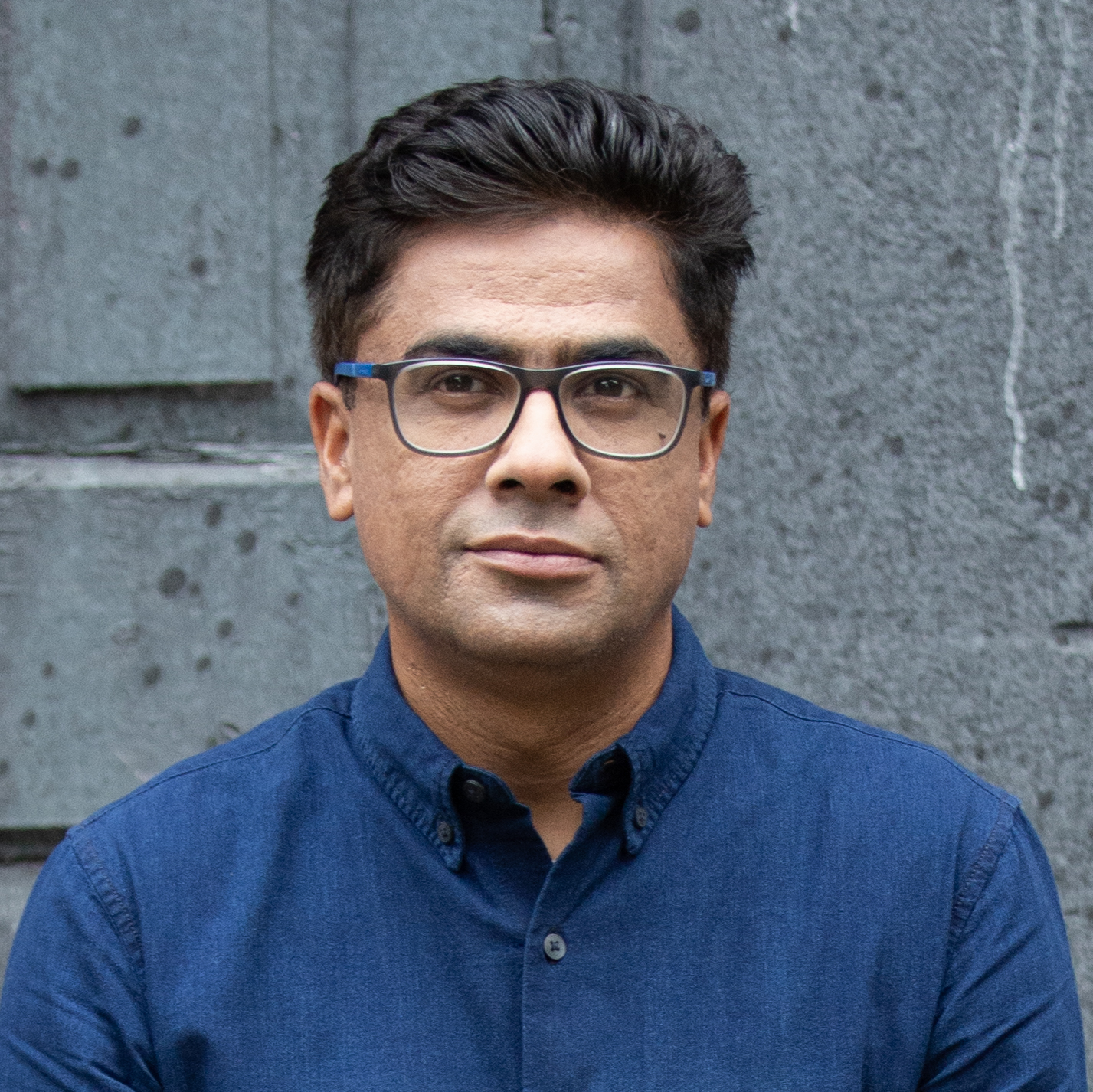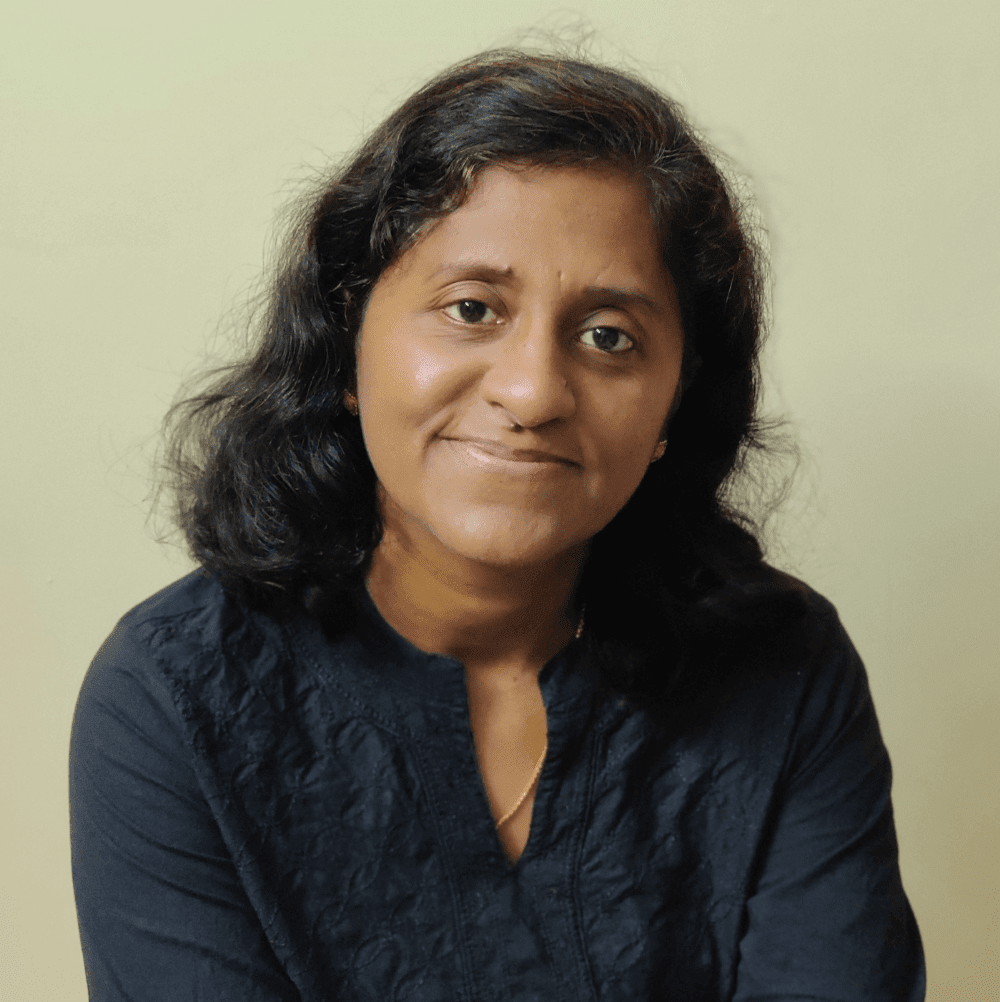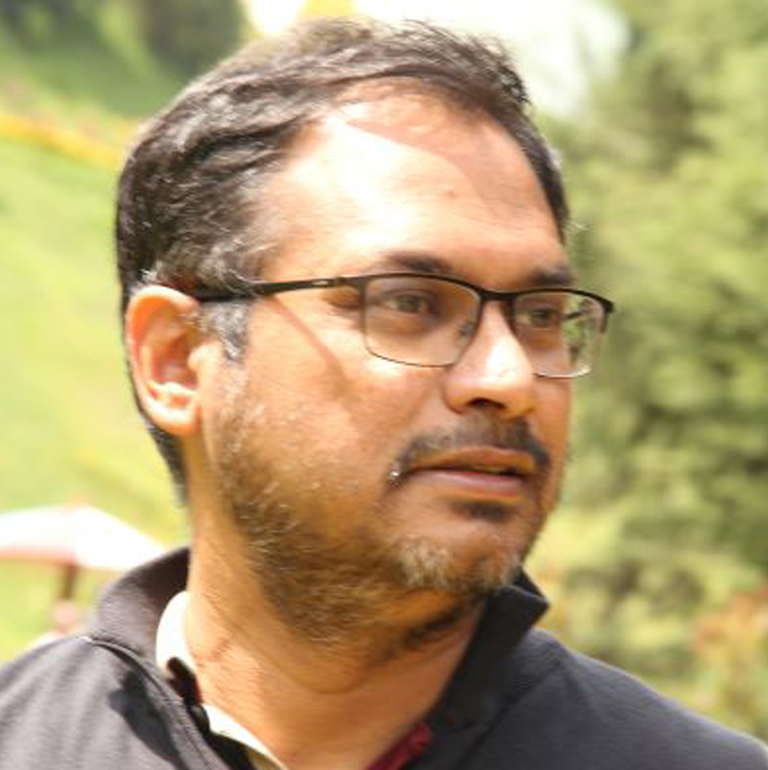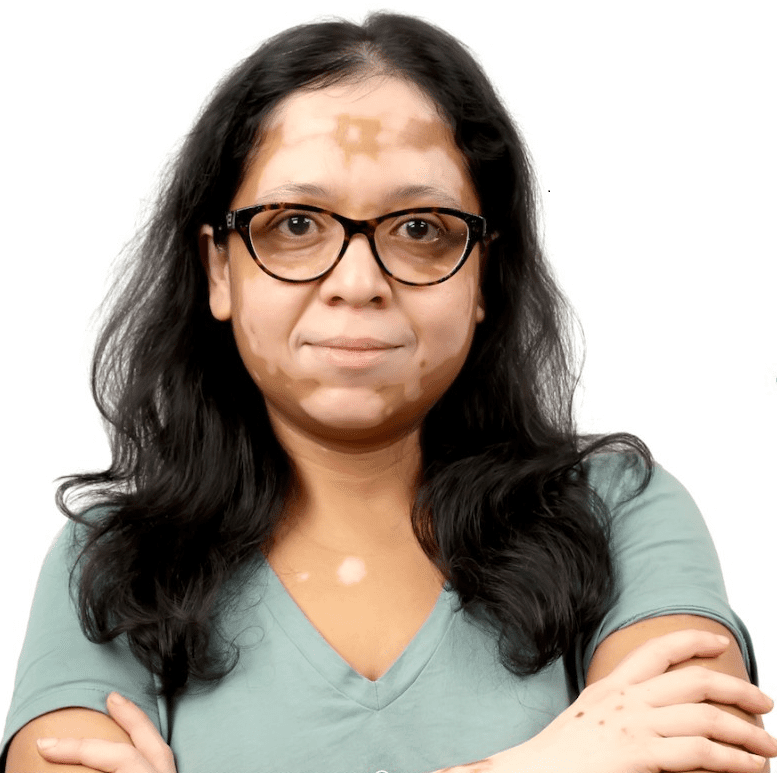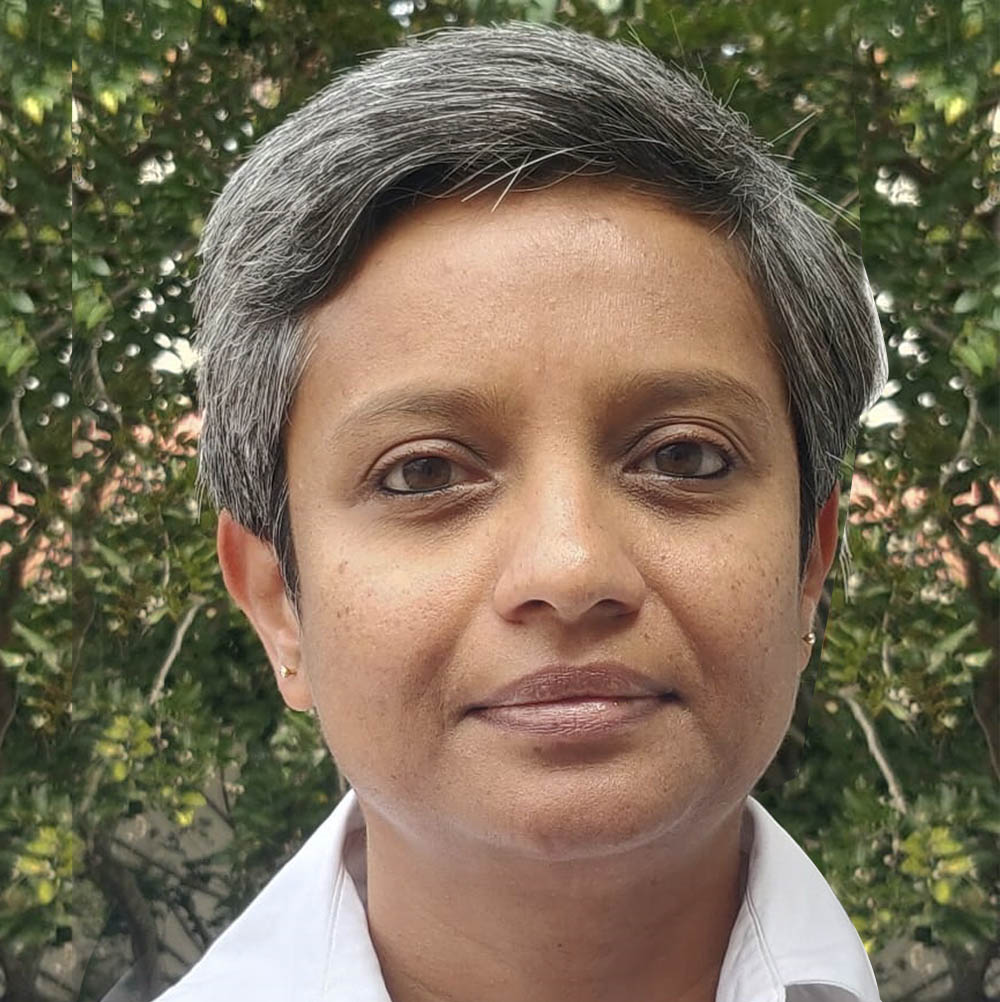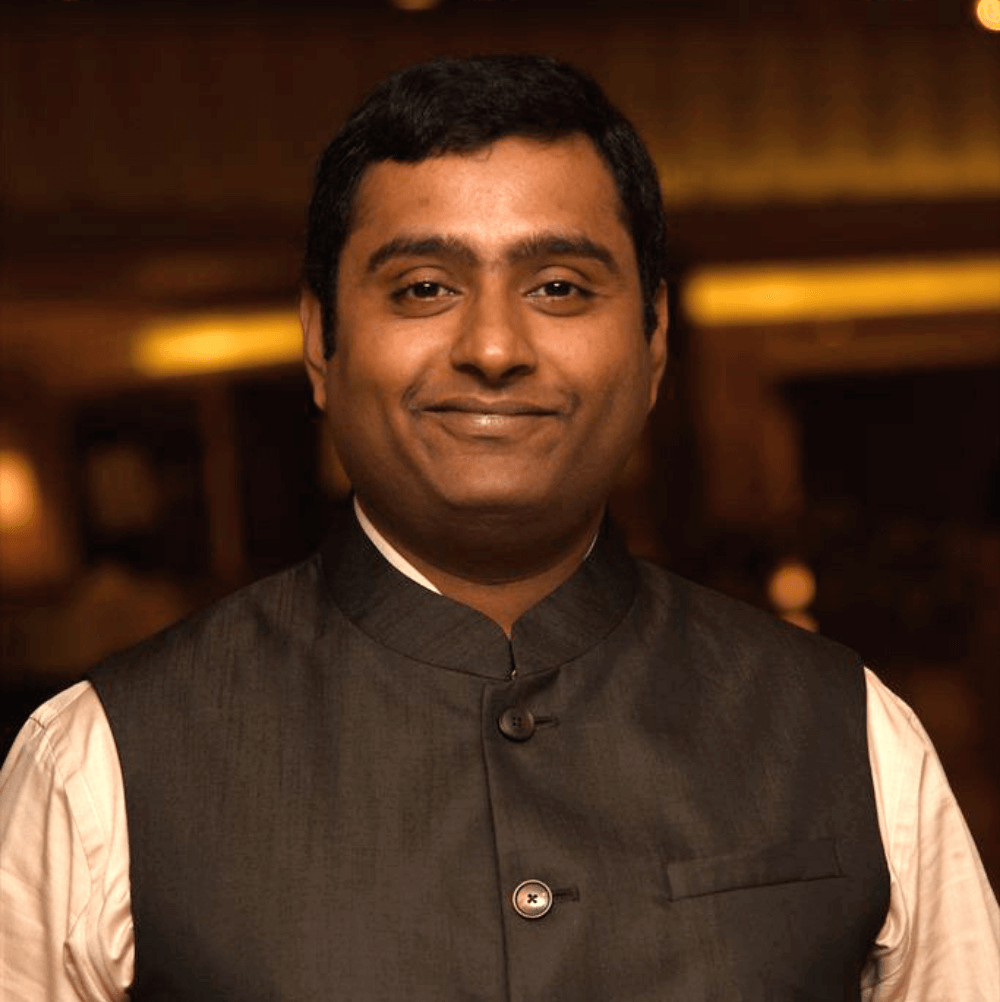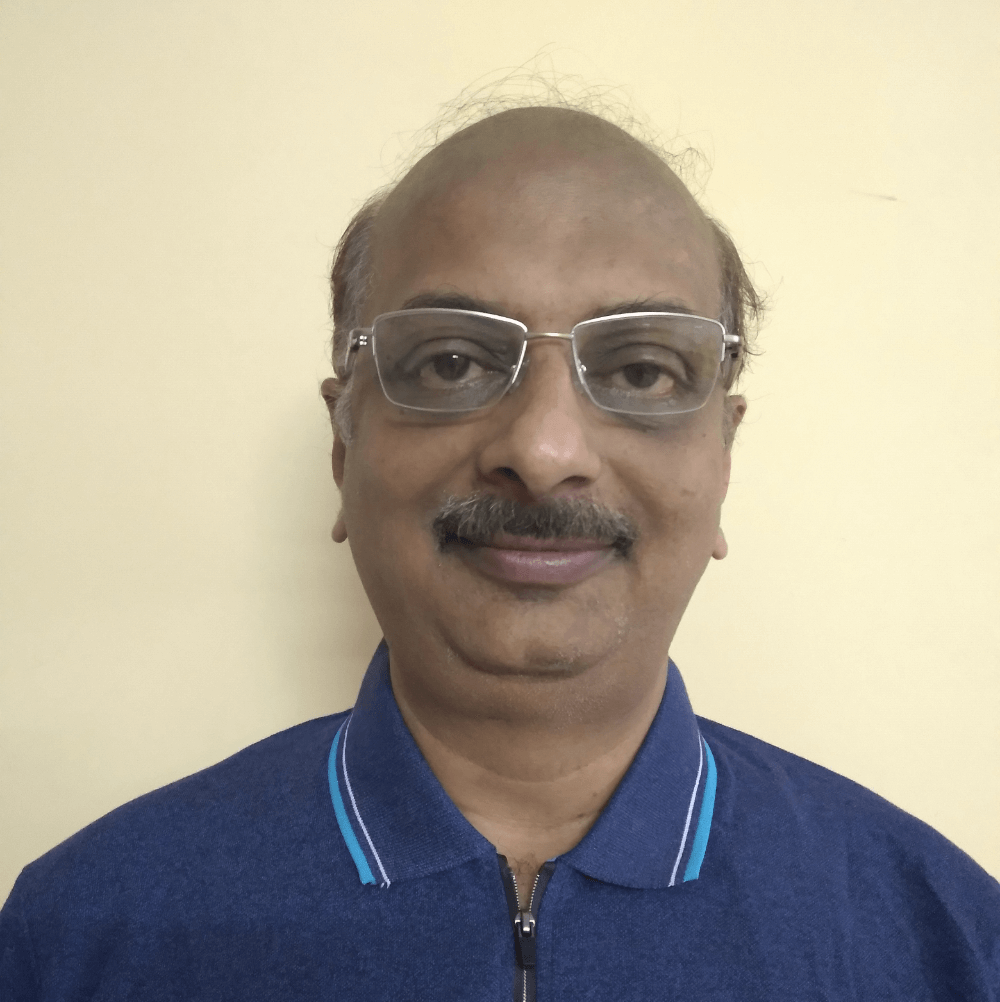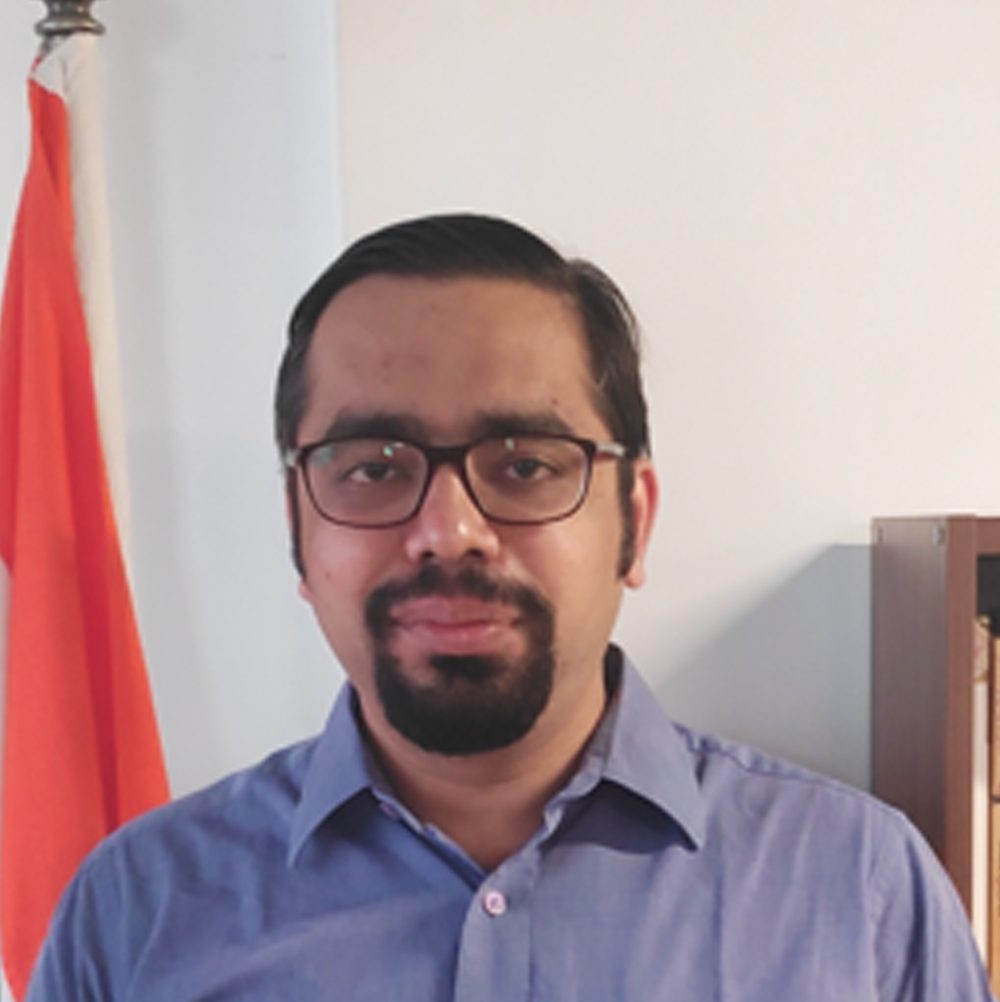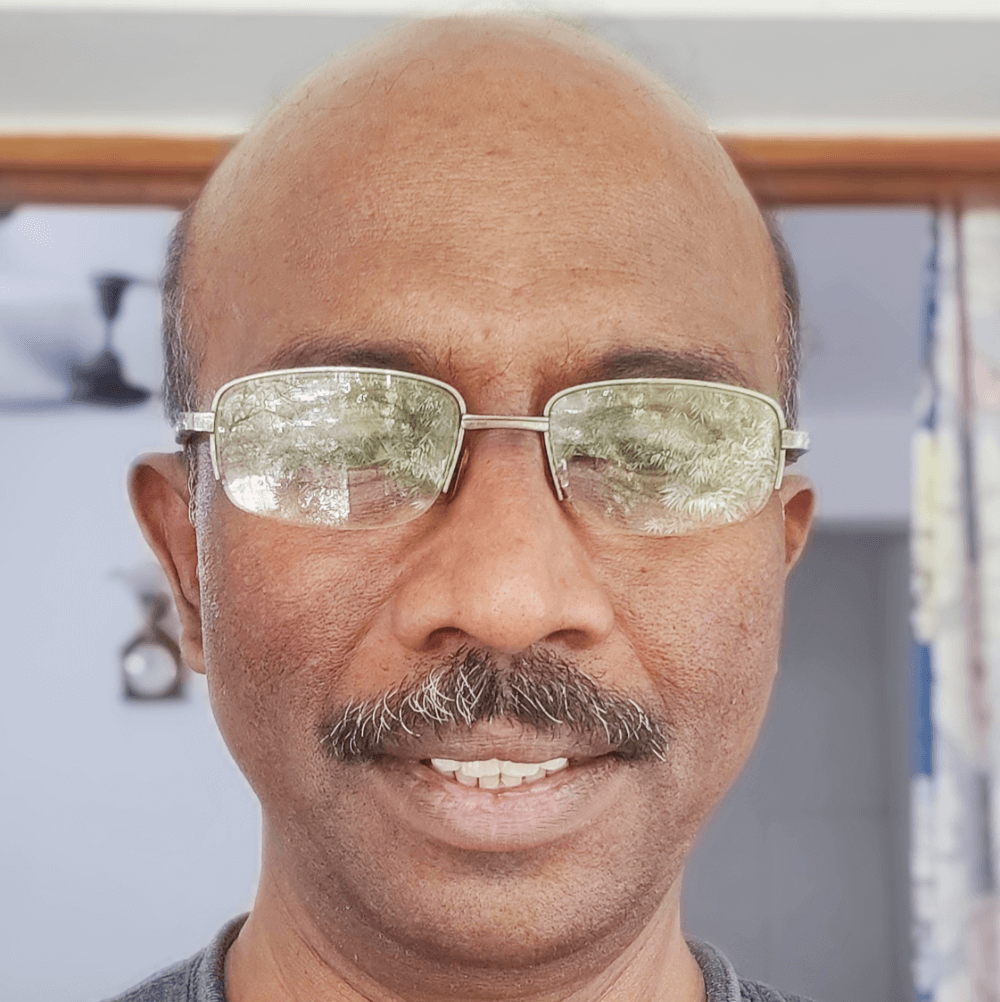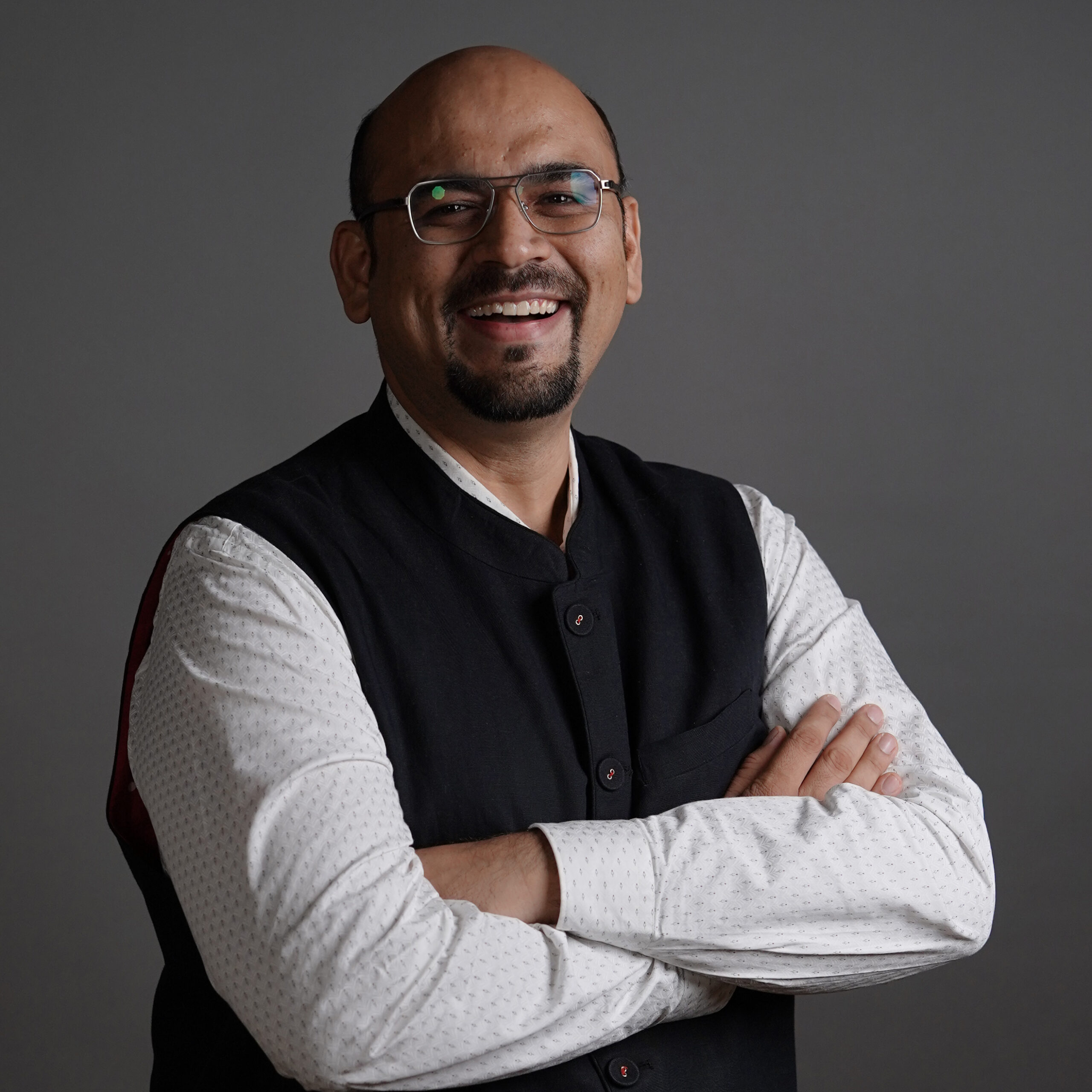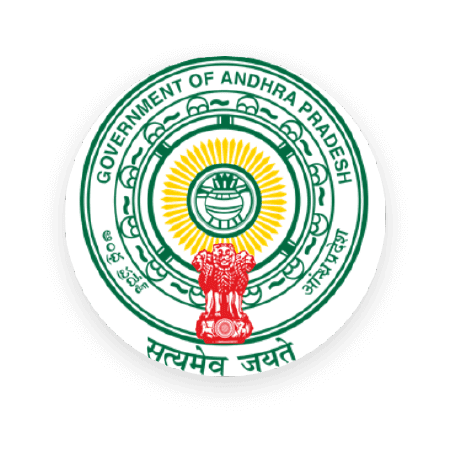Amid major concerns about the rise in medical waste in Indonesia, particularly post-COVID, a cooperation between United Nations Development Programme (UNDP) and eGovernments Foundation (eGov) emerged as a potential solve to the problem. There were a lot of commonalities between the teams of UNDP Indonesia and eGov Foundation. There was a shared vision, shared technological prowess, and a shared love for the Bollywood idol Shah Rukh Khan. This indicated cultural affinities and common grounds that acted as a springboard in reimagining the treatment of healthcare waste in Indonesia.
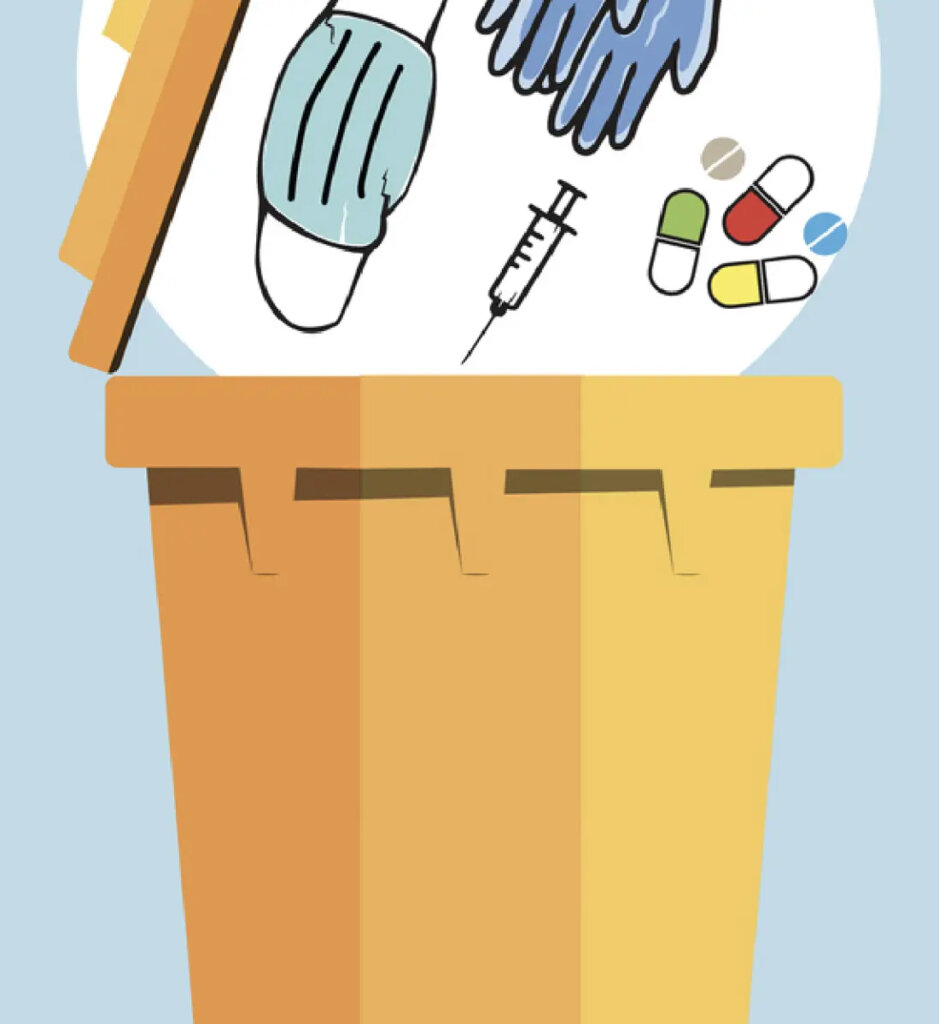
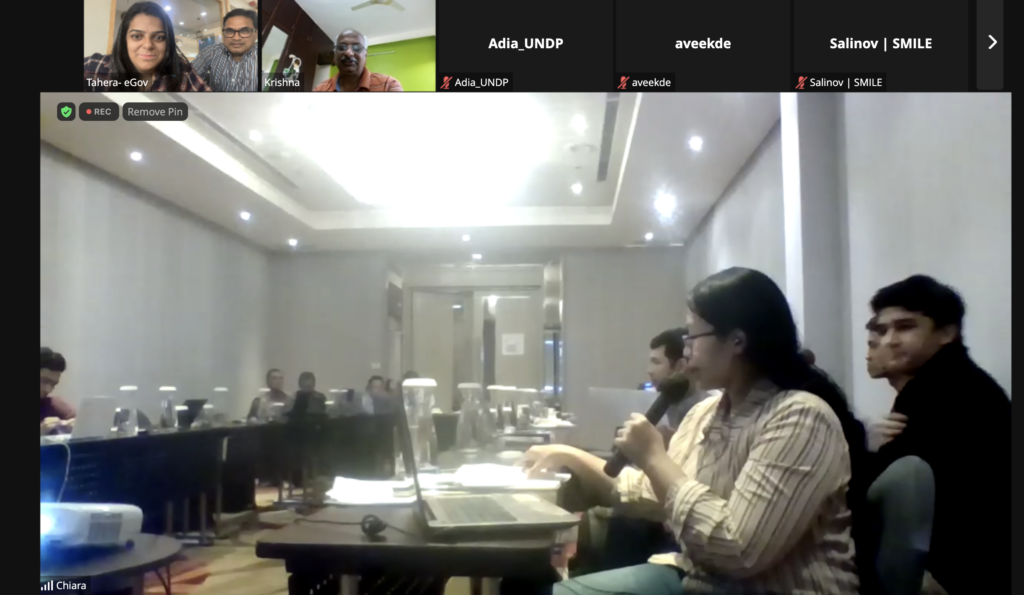
It all started with a February Bootcamp, when the mission to use DIGIT to improve Indonesia’s medical waste tracing and management systems took birth. During the immersions, our teams explored issues that hospitals and community health centres experience in handling medical waste. The teams explored a fitment analysis of seeing what from DIGIT can be used to address the problem statements in the waste value chain.
During the immersions, our teams reimagined the Medical Waste Management practice and issues that hospitals and community health centres (puskesmas) experience while handling medical waste. To protect sanitation personnel, hospitals made great efforts in trash segregation and packing. When the garbage arrived at the factory, however, a harsh reality emerged: shredded and broken packing jeopardised safety precautions. Visits to community health centres on the other hand, demonstrated refined waste segregation practices.
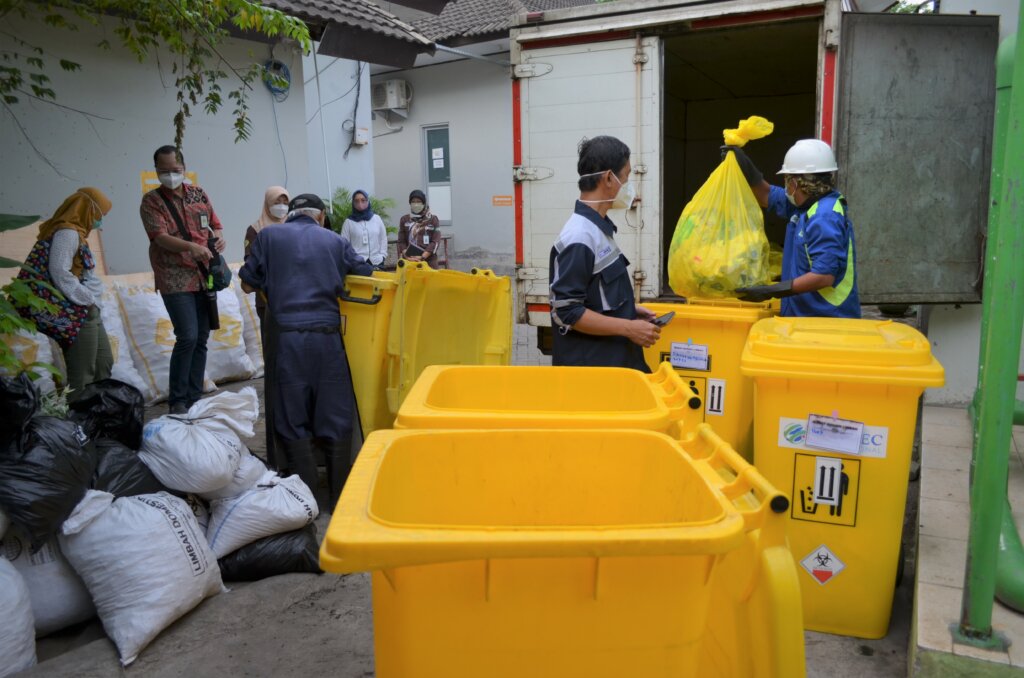
These facilities classified diverse waste streams, including e-waste and non-biomedical trash, with remarkable accuracy. Nonetheless, inefficiencies remained throughout the waste’s route. An unofficial and untracked transportation system scooped up garbage bags from these centres, showing vulnerabilities in the value chain’s monitoring and tracking systems. This unregulated method created a significant vacuum in the value chain, especially given that Indonesia has around 10,000 community health centres compared to 3,000 hospitals, emphasising the issue faced by the untracked informal transportation system. The disparity in waste management processes across centres and hospitals highlighted the need to overcome this gap and build a more efficient and controlled waste management system.
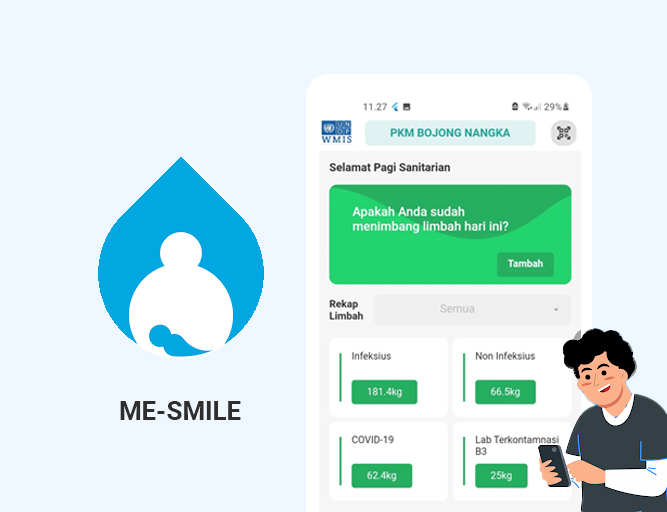
The ME SMILE app, a mobile-first and IoT-enabled UNDP invention for Indonesia’s Ministry of Health (MoH), diligently records medical waste from its source until collection, including segregation and temporary storage by transportation contractors. In the system, each bag of garbage has a unique identity that details its weight, waste kind, generating site, date, and responsible handler. This smart tracking system is essential for successful trash management.
eGov’s DIGIT Sanitation DPG, which was originally built for end-to-end waste traceability, as demonstrated in Odisha’s Faecal Sludge waste stream, aims to be integrated with Me SMILE. The goal of this collaboration is to integrate the two platforms so that garbage labelled in ME SMILE may be tracked through all phases of the life cycle till final processing.
In the workshops that followed, the Ministry of Health emphasised the need for a Standardised Operating Procedure (SOP) critical for eGov’s DIGIT platform deployment. Discussions emphasised the critical need to digitally manage Indonesia’s medical waste value chain and include recycling.
The co-creation and reimagining of a solution is an effort towards creating local capacity within Indonesia to manage their medical waste and to create a scalable solution towards a more sustainable and effective medical waste management practice in the future.
